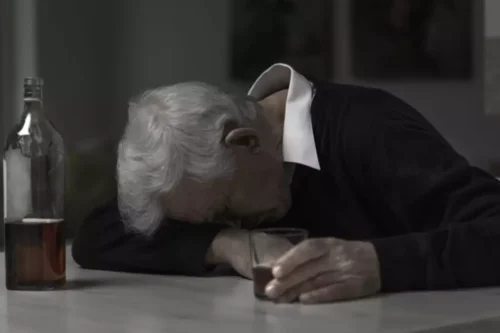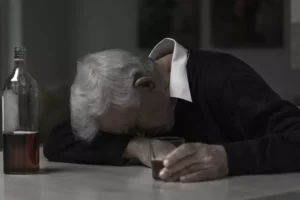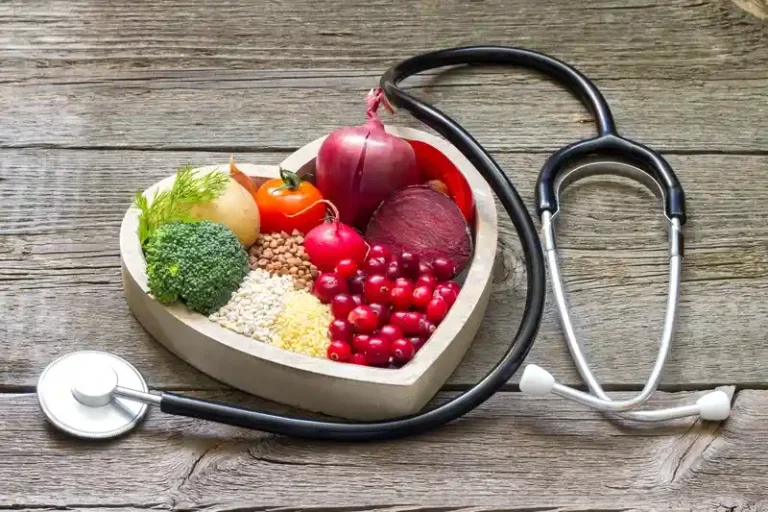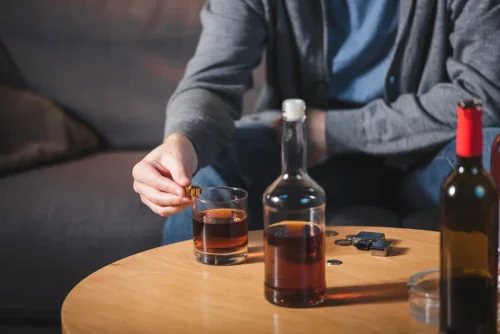
Mary builds strong client relationships, ensuring satisfaction with each interaction. Mary goes above and beyond to exceed expectations and is dedicated to outstanding service. Make sure to nurture yourself and practice patience during times you are feeling hopeless and guilty.

Table of Content
Alcohol treatment centers provide structured environments to address both the physiological and psychological aspects of recovery. There might be resentment because they could see their family or loved ones as having “forced” them to stop drinking. They may be frustrated at realizing they can’t drink as other people do, or they could struggle to take responsibility for the years they spent drinking. It could also be a dry drunk codependent relationship, where you feel a sense of guilt or responsibility toward the person. This mindset can lead to feelings of superiority or inferiority, fostering bitterness and resentment. Such negative self-perception and judgment isolate individuals mentally, posing a significant risk to recovery, as they may regress rather than progress.
What Does It Mean To Have a Substance Abuse Problem?

Ultimately, the goal is to create a healthier mental state so that individuals can learn how to cope with sobriety without relying on unhealthy behaviors from the past. With hard work and dedication, it is possible for those struggling with the dry drunk syndrome to find lasting recovery from alcoholism and substance abuse. While prolonged substance abuse and subsequent post-acute withdrawal may affect significant personality changes and cause a psychiatric disorder, it also goes the other way around. For instance, a substantial proportion of individuals with mental health issues use alcohol self-medication to cope.
Dry Drunk Syndrome and Alcohol PAWS: Dealing With Behavior Patterns

Originally coined by the creators of Alcoholics Anonymous, dry drunk syndrome can have a negative impact on the process of giving up drinking both physically and mentally. They used the term to refer to people who no longer drink alcohol but experience the same issues or behaviors as when they did. If a person has symptoms of PAWS, it does not mean that they are having a relapse. A relapse occurs when a person who has stopped drinking alcohol begins drinking again. When you choose to stop drinking, you’re taking a significant first step.
Table of contents

One potential challenge involves “dry drunk syndrome,” a slang term that originated in Alcoholics Anonymous (AA). It refers to traits and behaviors often seen with alcohol use that persist into recovery. Developing positive coping methods can help you manage your emotions and triggers about drinking.
Is It Possible To Cope With PAWS Without Medical Treatment?
I watch clients walk through the door, broken, and still remember when it was I who felt hopeless. After learning the necessary coping skills and engaging in a 12-step fellowship, my life began to change, and only for the dry drunk syndrome better. I now enjoy working with others and helping them get through the hard times of early recovery. I still engage in a daily program of recovery myself and also enjoy fitness and health, nature, sports, horror movies, video games, cooking and spending time with family and friends. I have been on both sides of the fence, active addiction and recovery, and continue to choose recovery every day.
Dry Drunk Syndrome During First Year of Recovery
- As the term referred to people who were sober but not receiving treatment for their AUD, it implied that a person was not fully committed to sobriety.
- Identifying the root cause is crucial for effective intervention and the well-being of your animal.
Witnessing their struggles without fully understanding the depth of their emotions can be challenging, but the role you play can be a linchpin in their journey toward recovery. Regular exercise, a balanced diet, sufficient sleep, and stress-reducing alcohol rehab techniques such as meditation can play a pivotal role. Such habits promote physical well-being, which in turn, supports emotional and mental health.






